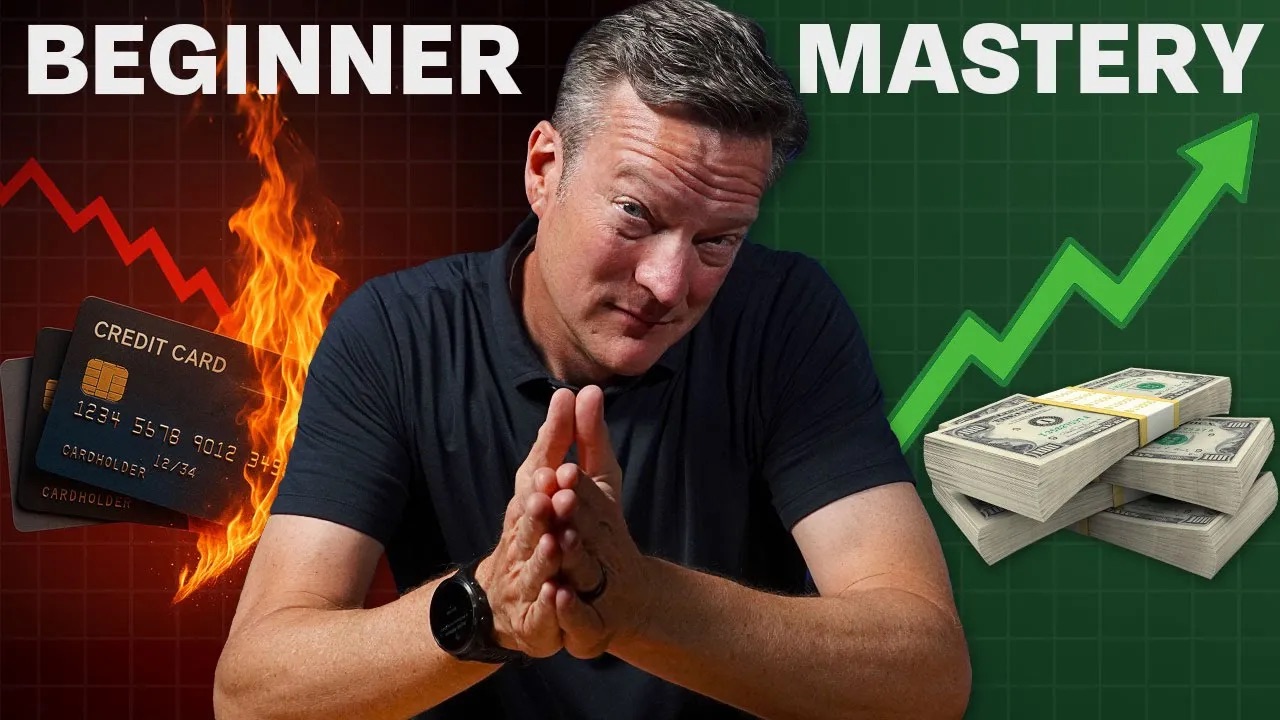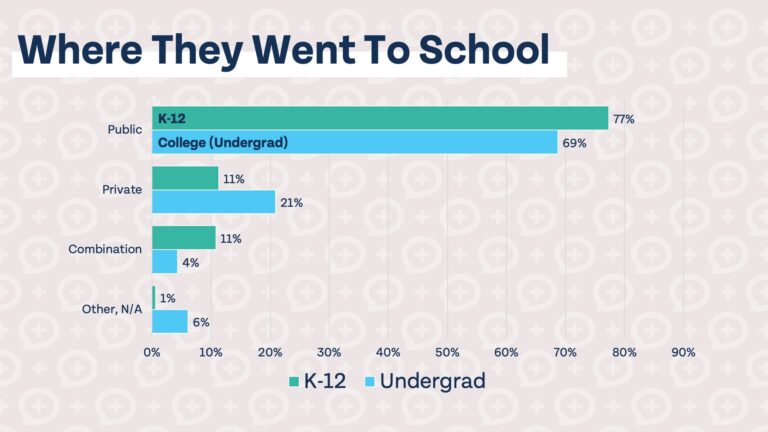How do you tackle closing costs when saving for a first house? I know your policy is three to five percent down on that first house, but should we also be prepared to pay closing costs in cash? And how should you go about thinking about those closing costs? He said his wife and himself are 22 and they're making $115K and they're saving. He didn't say how much they're saving, but he says that's where they're at.
I feel like we get this question a lot. The conventional wisdom is when you go to buy a house, you put 20% down. Well, in the housing market we've seen for the past couple of years, it's been really, really difficult to get to 20%. We give some leeway, and we've always given that. We don't have to change our rules, unlike others out there in the financial punditry world, of which I feel like is a little bit of a money guy echo, but we've always had that grace on the first house.
So we say that for your first house, you can only save three to five percent. A lot of you say, "Hey, I live in a high-cost-of-living area, so three to five percent is still pretty hard, but I think I can do it." But there's these closing costs. Brian, conventionally, when you're counseling a young person, is the best idea to save up three to five percent plus the cost of closing, or do you recommend, "You know what? First home, it's okay. Just roll the closing costs into the loan."
Or do you find that practically what most often happens is that it naturally kind of takes care of itself because three to five percent when you're saving for your first house is all you could get to, so you're kind of forced to roll closing costs in a lot of times?
I think there are several steps here that need to be taken. I'm glad we're entering some type of normalcy with real estate because in the past, it's been very hard to negotiate anything. I'm talking about we got the periods here where you couldn't even do due diligence to do inspections and other things appraisals. I mean, that's crazy town. You shouldn't even be accepting those premises if you're buying a house because a house could have a lot of issues.
So I've been very consistent with you guys in the fact that I still like even when we were in this crazy world, I wanted people to be able to have the time to do appraisals. I wanted people to have some type of ability to go do inspections. We even gave some unique planning things that a real estate agent told us that you could still do inspections, but it was just one of those things that wouldn't slow down the process. Fortunately, you don't have to do that anymore, so you get to slow it down and do the normal steps that we've always talked about.
So that also gives you the margin to do these normal steps. The first thing is that you ought to ask the seller to pay your closing costs. That's step one of negotiation because that's part of the negotiation. In the past, especially on a starter-type home, that was kind of a standard part of the process. So hopefully, that part is coming back.
The other part of the process is that if we're getting to some normalcy, go out there and do some research on what normal closing costs should be because this is something that I think in these crazy frothy times, probably fees got pushed up more than they should.
There's nothing wrong with you being an educated consumer to know what you should pay, so you can go squeeze in any areas. Title insurance is a big part of this. A lot of times, if you're doing a mortgage, there's already going to be a title insurance policy on there. You should be able to do a piggyback policy for practically pennies on the dollar, but that's not what they might offer you. So, you need to be prepared to go and say, 'Hey, wait, y'all seem like you're... This is where you make your money here, so I just want to make sure you're treating me right.' Understand those components, but at the end of the day, transaction cost of closing is just part of it. You can't get away from it. So, it ties back to what Beau was sharing, that once you squeeze this thing down as lean as possible, then yes, the three to five percent is with the closing cost probably rolled into the purchase price, because that's just unfortunately how you have to deal with this.
When you're going through the process, after you go through that kind of that gauntlet of all those steps I just shared, but it's one of those things, again, as you progress in your financial journey, and some of it you can like the interest rates and there's some mathematical calculation you can do there, but I think like on my first house, I rolled the closing costs in, and then I think on subsequent houses after that, we end up paying the closing costs with something. As you mature in your financial journey, your strategy might change, but for first-time homebuyers, I think getting in the house is hard enough, so it's okay to give yourself a little bit of grace.
I know we're already at four a little over four minutes, but I feel like I have to be transparent and give this experience share. I showed up my first home, I'm, my wife and I show up at closing. Remember, we were doing the reason we came up with the three to five percent is because we're not hypocrites. We actually eat our own cooking, and the fact that this is what I did with my own house. So, my wife and I were buying our very first house. We were in our mid-20s and I had the down payment that the bank seemed like they were okay with. We showed up at closing, and then they started asking, "Okay, we gotta pay this because like I said, that's why I brought up the prepaids, is because they were paying closing." When I hear that the seller is paying all the closing costs, I was like, "Okay, good, we'll just show up with our three percent." Well, there still was money I needed to pay, and I didn't understand that, and this is something that anybody because I don't want you to assume there's a bad question in financial life because if you don't know, ask the question. You should get a settlement statement a week before closing. Pay attention to that because at the very bottom of it, it's gonna tell you what they're expecting you to show up with, and usually they want you to wire that money not show up with a checkbook unless it's a very small amount of money. They want you to wire that money so everybody knows we're in good standing.
Looking to buy a house soon? Check out our
Home Buying Checklist deliverable. There are many factors you need to consider before buying a home, and this checklist will help you ensure all of your ducks are in a row before making a huge financial decision.














